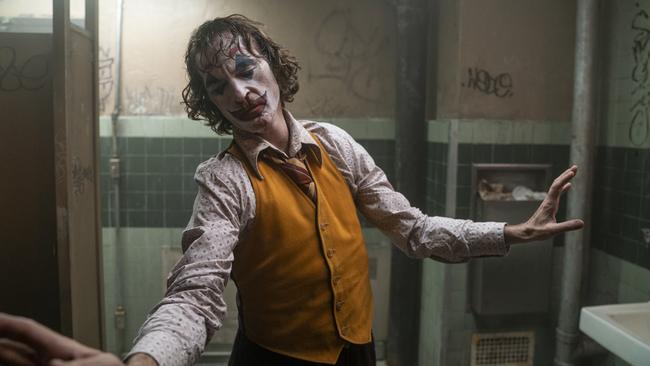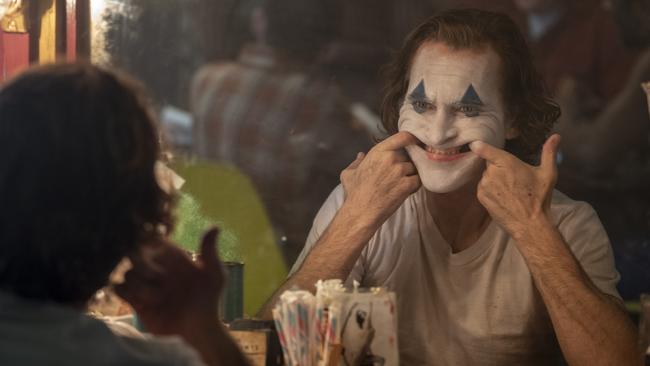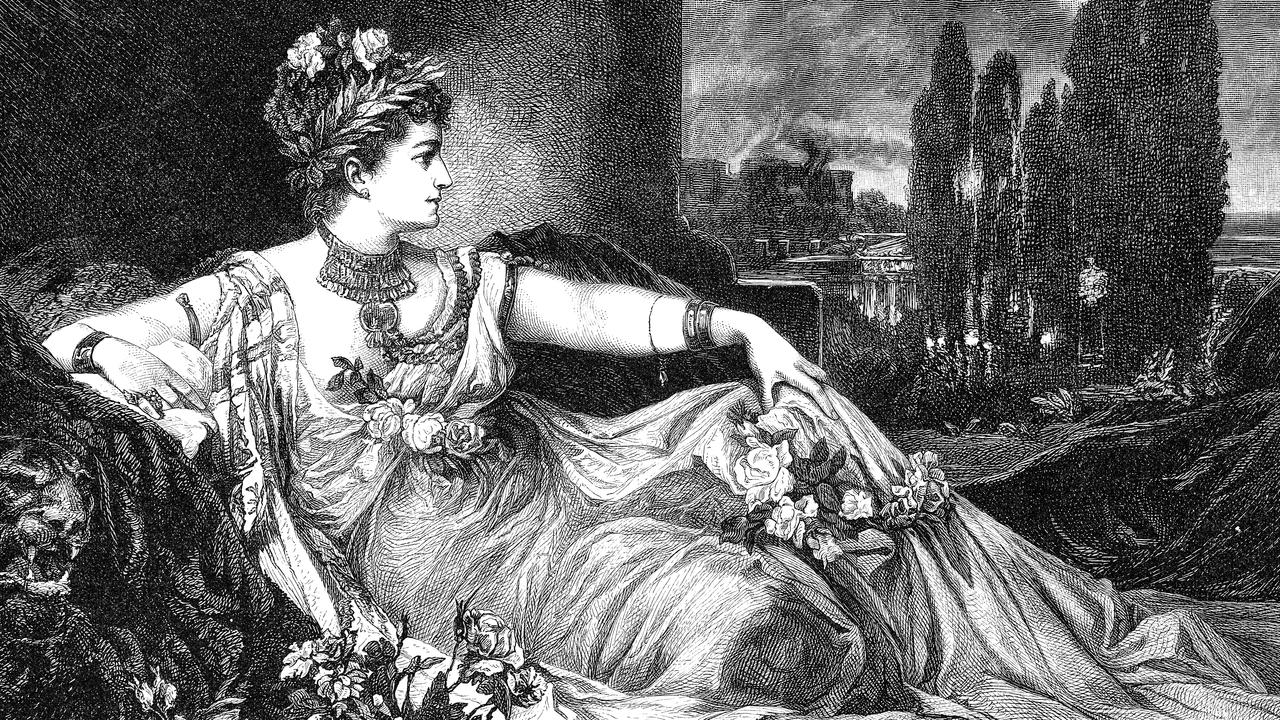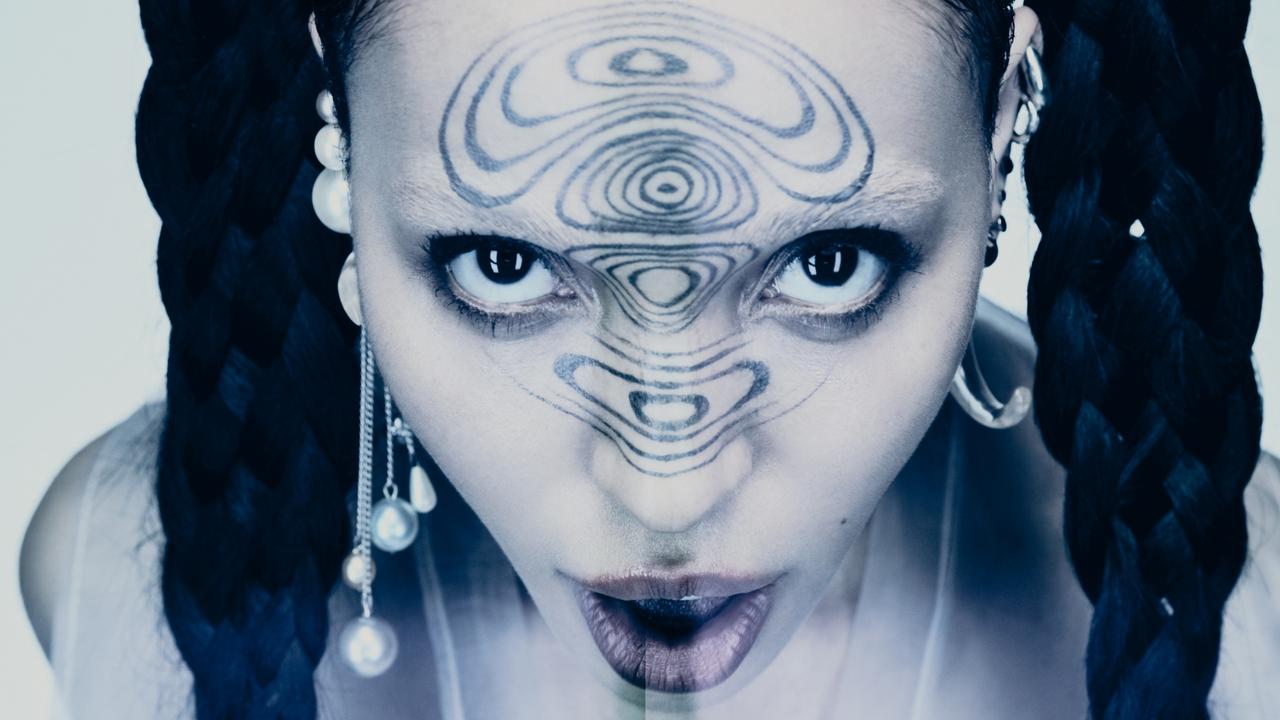Tears of a clown
Who knew the man behind The Hangover trilogy could produce something so powerfully dark?

The Joker is Batman’s most formidable foe, one of the most colourful villains in popular culture. On screen he has been portrayed by Cesar Romero (Batman, 1966), Jack Nicholson (Batman, 1989) and, in his Oscar-winning role, Heath Ledger (The Dark Knight, 2008) — but it’s safe to say there’s never been a Joker quite like Joaquin Phoenix in the film that bears his name.
I’ve made no secret of the fact that, since Christopher Nolan’s Dark Knight films, I’ve become pretty bored with the plethora of superhero movies based on comic book characters. Apart from the occasional interesting piece of acting, there’s a predictability and a sameness to these — hugely successful — films that makes them a chore for me to endure. But Joker doesn’t fall into this category. Though based on the DC character, Todd Phillips’s film (scripted by the director in collaboration with Scott Silver) is a very dark vision of the world that shaped Batman’s dysfunctional and homicidal enemy, and the mood harks back, deliberately, to movies such as Taxi Driver (1976) and The King of Comedy (1982) — both Martin Scorsese films starring Robert De Niro, who also has a key role in Joker — but also other films of the period such as the original Death Wish (1974).
The Gotham City — aka New York — depicted in this movie is a grubby, violent metropolis.
The year is 1981, and a garbage strike has resulted in the rubbish that fills the dark, mean alleyways where young men itching for a fight for no particular reason are lurking and a plague of “super rats” is threatening the populace. “Is it just me, or is it getting crazier out there?” asks the social worker (Sharon Washington) who has regular appointments with Arthur Fleck (Phoenix), a scrawny geek who lives with his mum (Frances Conroy) in a dank apartment. Arthur has a “condition”; he suffers from a form of Tourette syndrome that makes him burst into fits of laughter, often at the most inappropriate moments. He carries a card explaining this (“Forgive my Laughter”) but not everybody is understanding. Arthur and his mum spend most of their time watching TV — they like Fred Astaire musicals but most of all they like the talk show hosted by Murray Franklin (Robert De Niro).
Scorsese’s The King of Comedy featured De Niro as the gormless fan of a talk-show host played by Jerry Lewis, and the connections are clear to see. Arthur’s obsession with Franklin and his show is not going to end well.

Meantime, Arthur, nicknamed “Happy” by his mother, has a job in which, wearing clown makeup, he advertises products on the streets of the city. Carrying a sign reading “Everything Must Go”, the hapless nerd is attacked by a gang of kids who beat him up. Life’s like that for Arthur and life is pretty miserable. But things change when one of his co-workers, the smarmy Randall (Glenn Fleshler), gives him a gun with which to protect himself.
Phoenix lost a great amount of weight before tackling this role, and his bony frame and tortured grin add to his formidable presence. On the rare occasions that he’s really happy, he goes into a little dance, but the effect is more desolate than celebratory. He’s attracted to Sophie (Zazie Beetz), a single mother who lives down the hall, and for a time it seems as though something might just develop from this friendship.
All this is happening long before the advent of Batman. We briefly encounter Bruce Wayne (Dante Pereira-Olson), who is still a child, son of the wealthy Thomas Wayne (Brett Cullen), a candidate for mayor of the city on a law-and-order platform. Arthur discovers that his mother once worked for Wayne and in desperation tries to approach the millionaire for help, to no avail. He’s given the brush-off when he encounters Wayne at a gala fundraising screening of Charlie Chaplin’s Modern Times.
Director Phillips’s filmography prior to this, including the mildly entertaining film version of the TV series Starsky and Hutch (2004) and The Hangover trilogy, gave little indication he was capable of creating a powerful, ominous depiction of a society descending into madness such as we find in Joker. The film won the Golden Lion at Venice this month, confirming that it has to be taken seriously as a stark commentary on the human condition.
Joker (MA15+)
4 stars
National release from Thursday
-
Bracing honesty about deception in 1980s London
A recent cover of the American magazine Film Comment featured the headline: “An Artist Breaks Through”. The artist in question was British writer-director Joanna Hogg, whose fourth feature, The Souvenir, is an autobiographical account of her destructive relationship with a dissolute young man nearly 40 years ago.
The centrepiece of the film is a very fine performance from Honor Swinton Byrne, the daughter of Tilda Swinton, who plays Julie. The year is 1982, and Julie is a film-school student who lives in a small but comfortable London flat thanks to the financial help she receives from her mother (Tilda Swinton), a kindly woman who lives with Julie’s father in a country house and whose idea of relaxation is walking through the fields with her dogs.
When Julie meets Anthony (Tom Burke) her life undergoes a drastic change. Anthony is a dapper, suave, upper-class character who (he says) works for the Foreign Office. He takes Julie to smart restaurants and clubs and to a gallery to admire his favourite painting, The Souvenir, by Jean-Honore Fragonard. Anthony moves into Julie’s apartment and, despite his appearance as a well-to-do member of the Establishment, begins to borrow money from her (she, in turn, is forced to borrow from her mother).
The Souvenir is a painfully honest depiction of a relationship based on deceit. Despite the advice of friends, Julie is too besotted with Anthony to mistrust him as she clearly should. Meanwhile, Julie’s attempts to become a successful director of social-realist films are occupying much of her time. This is all taking place during a period of chaos in Northern Ireland — Julie’s flat is rocked by the nearby bombing of Harrods department store — and news of the siege of the Libyan embassy, a drama in which Anthony claims to be involved on behalf of the government.
Hogg’s approach to this material is classical and literate. A key scene involves the visit of a friend (Richard Ayoade) who reveals information about Anthony of which Julie was unaware, though the audience may well have suspected by this time.
Even before The Souvenir was released, Hogg had announced the production of a sequel that will star Robert Pattinson. That’s something to look forward to but in the meantime this intelligent and beautifully acted relationship drama confirms the praise heaped upon it overseas. “It’s terribly complicated,” proclaims Julie’s mother — she’s talking about the IRA, but this micro-portrait of Londoners involved in sex and lies and class conflicts is pretty straightforward and bracingly honest.
The Souvenir (TBC)
4 stars
Limited national release from Thursday



